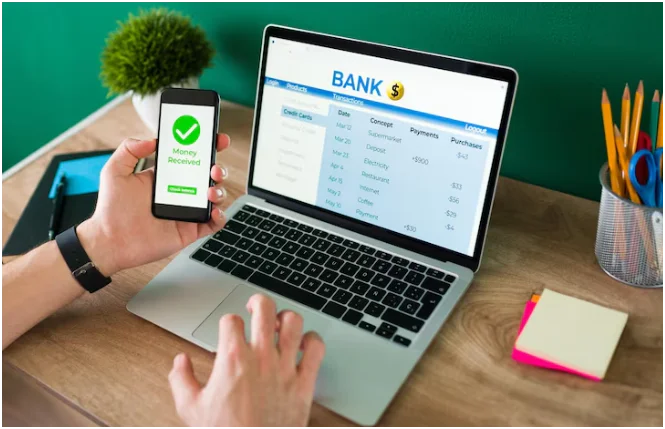Introduction
Opening a bank account shouldn’t involve guesswork about documentation. Whether you’re starting your first job, moving to a new city, or switching banks, having the right paperwork ready streamlines the entire process.
Understanding the documents required for opening bank account helps you prepare everything in advance, ensuring your bank account opening experience is smooth and compliant with current KYC regulations.
What Documents Are Required for Opening a Bank Account?
Documents required for opening bank account fall into three essential categories: identity proof, address proof, and photograph. Banks follow Reserve Bank of India’s Know Your Customer (KYC) guidelines, which standardise documentation requirements across all financial institutions.
You’ll need one document from each category, though some documents can serve multiple purposes. For instance, your Aadhaar card works as both identity and address proof if your current address matches the card details.
Recent regulatory updates allow digital document submission and verification, making the bank account opening process more convenient than traditional paper-based methods.
Which Identity Documents Can You Use for Bank Account Opening?
- Government-Issued Photo ID Options
Your Aadhaar card serves as the most widely accepted identity proof for bank account opening. Alternatively, you can use your passport, voter ID card, or driving licence – all containing your photograph and government verification.
PAN card, while essential for tax compliance, also qualifies as valid identity proof. Most banks prefer Aadhaar due to its biometric verification capabilities and real-time authentication features.
- Alternative Identity Proof Documents
If you don’t have primary photo ID documents, banks accept alternatives like pension payment orders, freedom fighter identity cards, or job cards issued under government employment schemes.
Students can use identity cards issued by recognised educational institutions, while government employees may use their official ID cards as valid identity proof.
- Digital Document Acceptance
Banks now accept digital copies of identity documents through their mobile applications or online bank account opening portals. These digital submissions undergo immediate verification, reducing processing time significantly.
DigiLocker documents carry the same validity as physical documents, making them convenient for customers who prefer paperless transactions.
What Address Proof Documents Do Banks Accept?
Banks accept utility bills (electricity, gas, telephone) not older than three months as primary address proof. Rental agreements registered with local authorities also qualify, particularly useful for individuals living in rented accommodations.
Government correspondence like passport, voter ID, or Aadhaar card with updated addresses eliminates the need for separate address verification. Bank statements or post office account statements from other institutions also serve as acceptable address proof.
Property tax receipts, municipal bills, and insurance policies mentioning your residential address provide alternative address verification options when standard documents aren’t available.
Are Additional Documents Needed for Specific Account Types?
Salary accounts require employment letters or appointment letters from your employer, along with recent salary slips. Some banks also request HR contact details for employment verification purposes.
Business account holders need additional documentation including business registration certificates, partnership deeds, or incorporation documents depending on their business structure.
Senior citizens, students, and other special category customers may need specific certificates or declarations to access preferential banking services and benefits.
Conclusion
Documents required for opening bank account include identity proof, address proof, and photographs. Preparing Aadhaar card, recent utility bills, and PAN card covers most bank account opening requirements. Digital document submission options now make the process faster and more convenient.
